|

HOME |
ABOUT | INDEX |
NEWS |
FACEBOOK |
CONTACT
IMPORTANT DAYS
Calendar | Celebrations | Anniversaries | Remembrances|
Awareness


Current Events
Famous People
Biographies
Celebrate Pride
Historical Perspective
Profile|Culture|Community

Important
LGBTQ Events
Stonewall Riots – June 28, 1969
Legalization of Same Sex Marriage in the US – June 26,
2015
Non-Discrimination of LGBTQ Employees - June 15, 2020
Pulse Nightclub Shooting - June 12, 2016
Harvey Milk’s Birthday – May 22, 1930
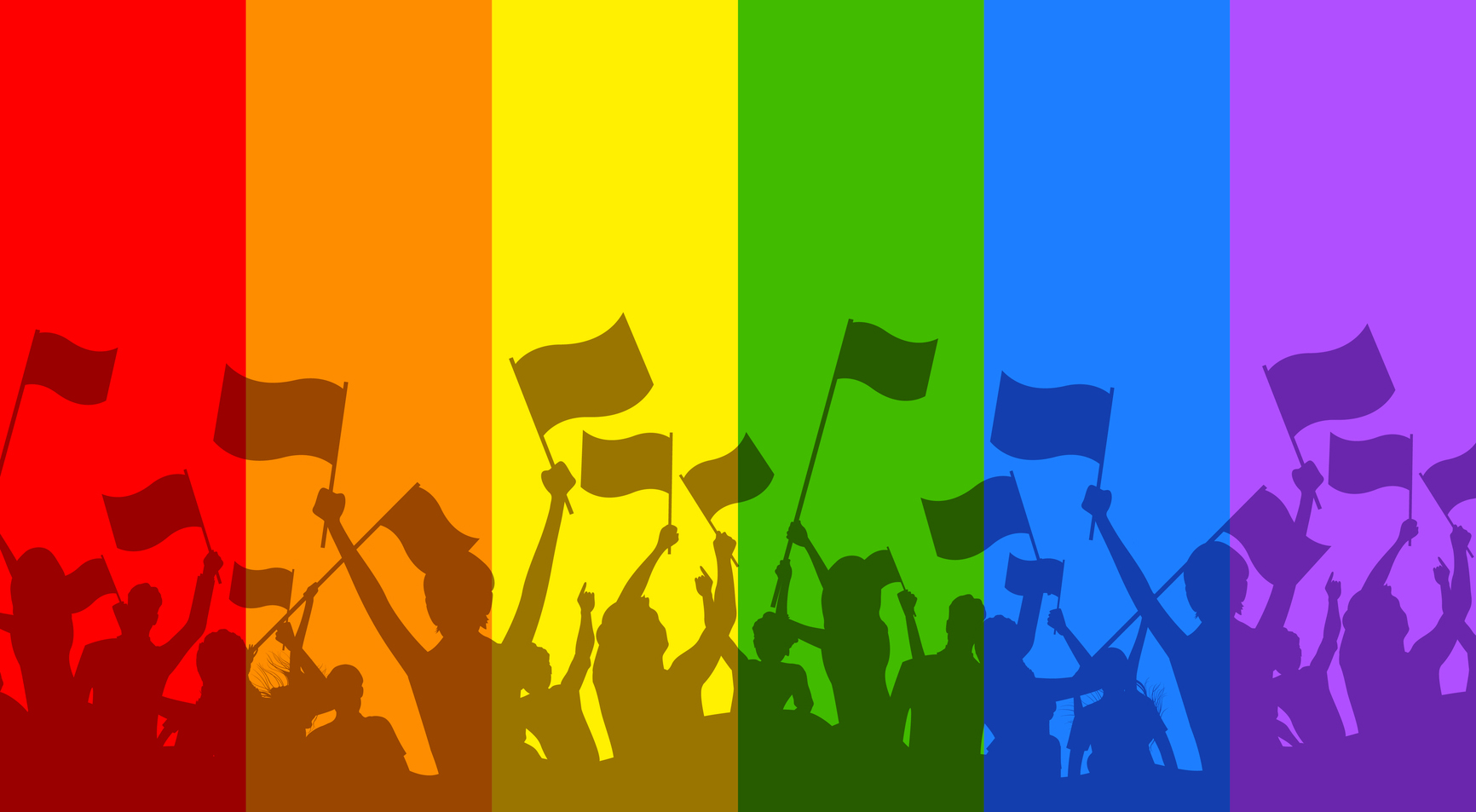
LGBTQ Holidays and Observances
Holidays and cultural observances bring
people together for both celebration and reflection.
Throughout the year, the LGBTQ community unites in pride
and in protest, in recognition of a rich heritage, and
in hope for the future.
There are LGBTQ holidays that recognize
various aspects, issues, and concerns of the LGBTQ
community, including pride, history, identity, coming
out, bullying, and AIDS.
Some critics wonder why LGBTQ people need
to have all these special days. Why do gay people have
to flaunt their gayness? To be fair, straight people
certainly do flaunt their straightness all day, every
day, in every part of this country. Some might ask, why isn’t there a
straight pride parade? Probably for the same reason
there aren’t soup kitchens for rich people.
Gay pride was not born out of a need to
celebrate being gay, but instead to demonstrate the
right to exist without persecution. So, instead of
wondering why there isn’t a straight pride movement,
just be
thankful you don’t need one.
List of LGBTQ Awareness Days
National Coming Out Day
Complete List of LGBTQ Holidays and Commemorations
LGBTQ Pride Explained
Celebrating Transgender Day of Visibility
LGBTQ
Pride Month
Library of Congress: About LGBTQ Pride Month
International Trans
Day of Remembrance
Stonewall Riots
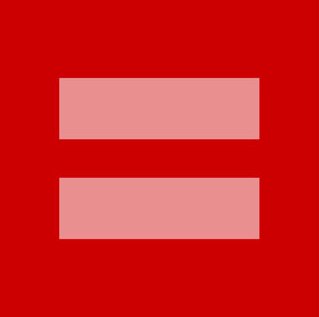
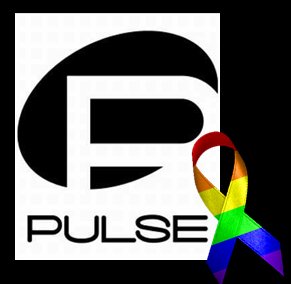
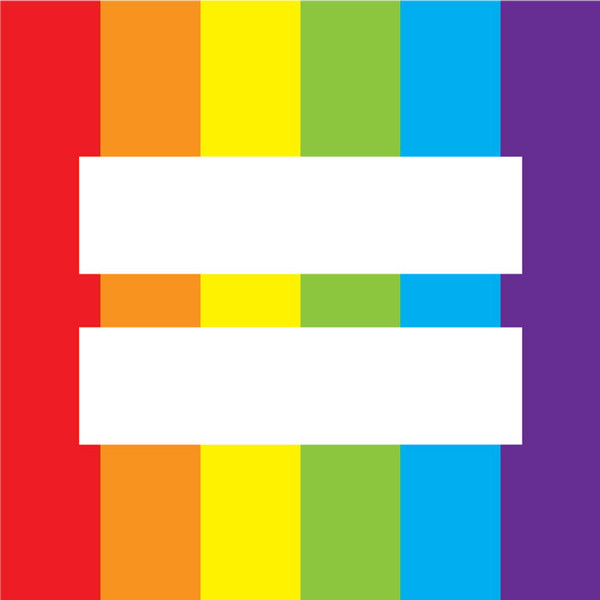

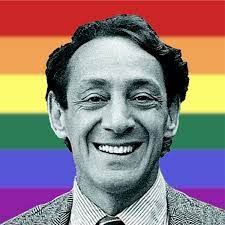
LGBTQ Calendar
|
Feb |
14+ |
Aromantic Spectrum Awareness Week (1st Full Week
After Feb 14) |
|
March |
31 |
International Transgender Day of
Visibility
(TDOV)
|
|
April |
6 |
International Asexuality Day |
|
April |
++ |
National Day of Silence (2nd Friday in April)
|
|
April |
26 |
Lesbian Visibility Day
|
|
May |
+ |
International Family Equality Day (IFED) (1st
Sunday in May) |
|
May |
16 |
National Honor Our LGBTQ Elders Day |
|
May |
17 |
International Day Against Homophobia |
|
May |
19 |
Agender Pride Day |
|
May |
22 |
Harvey Milk’s Birthday (1930) |
|
May |
24 |
Pansexual and Panromantic Visibility Day |
|
June |
1-30 |
LGBTQ Pride Month
|
|
June |
2 |
Gilbert Baker's Birthday (1951)
|
|
June |
12 |
Pulse Remembrance Day (2016) |
|
June |
15 |
Anniversary of Non-Discrimination
of LGBTQ Employees Ruling (2020) |
|
June
|
25 |
Rainbow Flag
Day |
|
June |
26 |
LGBTQ Equality Day/Legalization of Same-Sex Marriage
(2015) |
|
June |
28 |
Anniversary of Stonewall Riots
(1969)
|
|
July |
14 |
International Non-Binary People's Day
|
|
Aug |
++ |
Gay Uncles (Guncles) Day (2nd Sunday in August) |
|
Sept |
23 |
Celebrate Bisexuality Day
|
|
Oct |
1-31 |
LGBTQ History Month
|
|
Oct |
8 |
International Lesbian Day
|
|
Oct |
11 |
National Coming Out Day
|
|
Oct |
12 |
Anniversary of Matthew Shepard's Death (1998) |
|
Oct |
20 |
Spirit Day (Anti-Bullying) |
|
Oct |
26 |
Intersex Awareness Day
|
|
Nov
|
13-19 |
Transgender
Awareness Week |
|
Nov |
20 |
Transgender Day of Remembrance
(TDOR)
|
|
Nov |
20 |
Anniversary of Club Q Shooting (2022) |
|
Dec |
1 |
World AIDS Day
|
|
Dec |
8 |
Pansexual Pride Day
|
|
Dec |
10 |
Human Rights Day
|
|
Dec |
13 |
Respect for Marriage Act (2022)
|
LGBTQ History
Month
Rainbow Holidays
and Observances
International Lesbian Day Explained
What You Need to Know About National Coming Out Day
Celebrating LGBTQ Pride Month
List of LGBTQ Awareness Days
Why We Still Need LGBTQ History Month
Celebrating Pansexual Pride Day
Aromantic
Spectrum Awareness Week
World AIDS Day
Honor Our LGBTQ
Elders Day
Intersex Awareness Day
Day of Silence
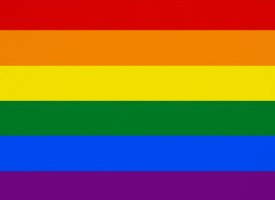
LGBTQ Pride Month
June
LGBTQ Pride Month is a cultural expression that has
grown and evolved and continues to do so. Now in large
part celebratory, the observance has its roots in both
pride and protest. The initial events in the development
of Pride Month were commemorations of the first
anniversary of the Stonewall Riots of June 28, 1969. In
New York, a few hundred gay men and lesbians marched
from Washington Square to Central Park for a “Gay-In”
demonstration. As they progressed, they attracted more
and more participants. The number variously estimated at
from 5,000 to 15,000, making it the largest gay power
demonstration as of that time. The anniversary of
Stonewall was also observed with a march in Los Angeles
and rallies in San Francisco and Chicago.
Library of Congress: About LGBTQ Pride Month
This is Me: Celebrate LGBTQ Pride Month
Wikipedia: LGBTQ Pride
Celebrating LGBTQ Pride Month
Info: LGBTQ Pride Celebrations
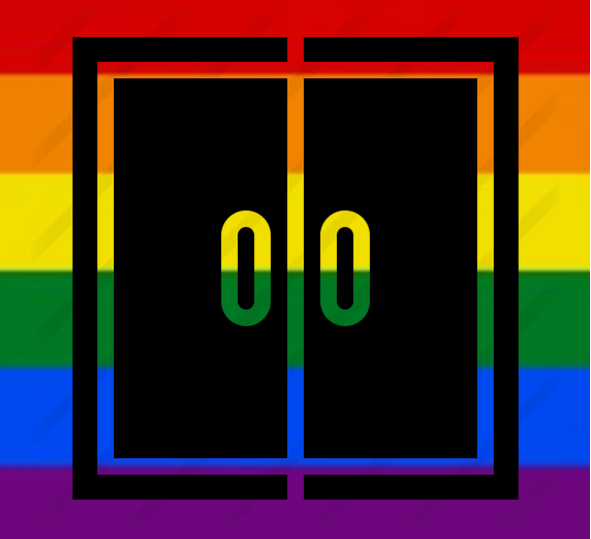
National Coming Out Day
October 11
Inspired by the success of the March on Washington for
Lesbian & Gay Rights on October 11, 1987, Jean O’Leary,
then Executive Director of the National Gay & Lesbian
Rights Advocates, joined with Rob Eichberg to create an
event that would increase the visibility of LGBTQ people
and encourage those previously silent to make their
voices heard. On the first anniversary of the march,
they launched National Coming Out Day. CNN and National
Public Radio reported on events held in eighteen states,
and the Oprah Winfrey Show also took note of the
celebrations of pride.
The idea of National Coming Out Day did not find favor
with everyone in the LGBTQ community at first since
there was some fear that it might compromise
individuals’ privacy. Outing people, however, was not
the intent; rather, National Coming Out Day offered
LGBTQ people the opportunity to choose to be identified
with the community and to make a commitment to the goal
of achieving equal rights. The symbol of National Coming
Out Day, Keith Haring’s image of a person joyously
bursting from a closet, underscores the individual
nature of this step, fosters solidarity among those who
have made it, and offers hope to those who, for whatever
reason, have not yet been able to kick open the door.
National Coming Out Day
has become a joyous occasion, particularly on college
campuses, where young people are able to discover
community and support.
Wikipedia: National Coming Out Day
About Gay Life: National Coming Out Day
What You Need to Know About National Coming Out Day
Info: The Coming Out Process
Celebrating National Coming Out Day
Why National Coming Out Day Matters
The Universal Experience of Coming Out
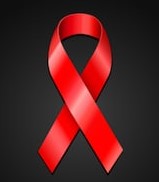
World AIDS Day
December 1
To call attention to and mobilize support for the fight
against the ongoing scourge of HIV/AIDS, UNAIDS (the
Joint United Nations Program on HIV/AIDS) observed the
first World AIDS Day on December 1, 1988. In 2005 the
task of administering the project was transferred to the
independent organization The World AIDS Campaign. Given
the widespread impact of the disease, much of the
attention is on people who have contracted the virus by
means other than same-sex sexual contact. Nevertheless,
World AIDS Day remains significant to LGBTQ people
because of the devastating losses in the gay community
due to HIV/AIDS.
World AIDS Day
What is World AIDS Day?
Info: AIDS/HIV Data
CDC: World AIDS Day
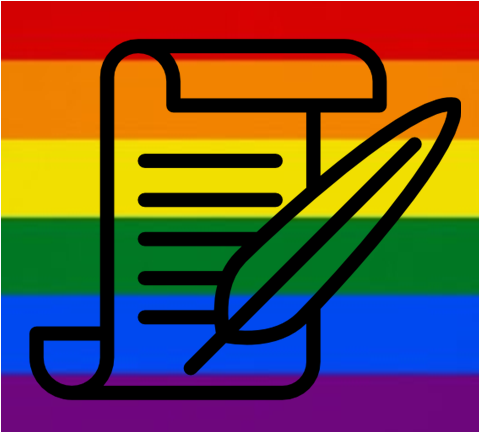
LGBTQ History Month
October
Rodney Wilson, a history teacher in a suburban St.
Louis, Missouri high school, understood the difficulties
of LGBTQ students picked on and bullied by their
classmates since he had been their advocate when they
turned to him in their distress. He was also troubled by
the lack of acknowledgment of the homosexuality of
prominent men and women who have made significant
contributions to history. In response to these problems,
he set about to establish a teaching initiative through
which the achievements of LGBTQ people would be
recognized. His stated goals were to “fight for the
right of every child in every school in America to be
safe from fear and intimidation, fight for the right of
every teacher in every school in America to be free to
live openly and honestly without fear of job loss, and
fight for the right to have accurate information about
lesbians and gays included in the textbooks and
curricula of every school.”
Wilson proposed October as LGBTQ History Month because
it was during the school year and included National
Coming Out Day. National organizations such as Gay and
Lesbian Alliance Against Defamation (GLAAD), the HRC,
the National Gay and Lesbian Task Force, and the
National Education Association were quick to lend
support. In 2006 the Equality Forum took over the task
of coordinating the project and launched an LGBTQ
History Month web site. Each year the site features
famous LGBTQ people who have made significant social,
political, or artistic contributions.
LGBTQ History
Month
Wikipedia: LGBT History Month
Info: LGBTQ Historical Perspective
Why We Still Need LGBTQ History Month
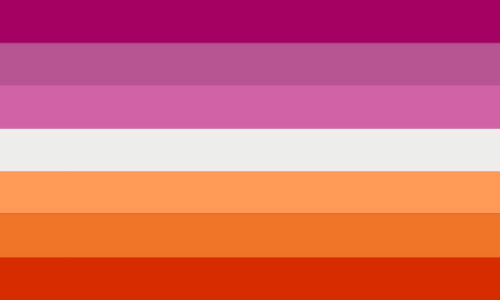
Lesbian Visibility Day
April 26
Lesbian Visibility Day is an annual observation that
aims to increase visibility, representation, and support
for the lesbian, sapphic, and WLW (Women-Loving-Women)
communities. It is also a day to raise awareness of the
issues faced by queer women, in workplaces, in culture
and in health and wellbeing. It was started in 2008.
In the United Kingdom, the celebration extends beyond a
single day and is called Lesbian Visibility Week.
International Lesbian Day, which is mostly celebrated in
Australia and New Zealand, is held on October 8. It is a
day for lesbians the world over to come together to
celebrate lesbian history, diversity and culture.
Recognized annually, the day gives an opportunity for
women, families and friends to connect, celebrate and
also raise awareness about the importance of community.
Lesbian Visibility Day: How It Started and Why We Need
It
Info: Lesbian Community
Founder of Lesbian Visibility Week on Why It Matters
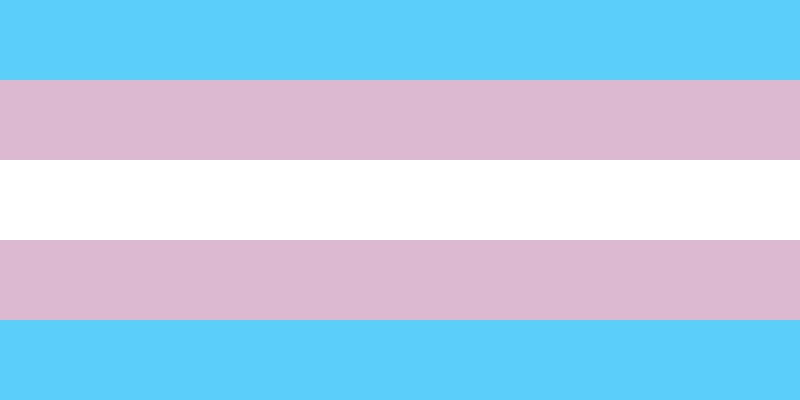
Transgender Day of Visibility
March 31
March 31
is International Transgender Day of Visibility (TDOV).
It is a time to celebrate transgender people around the
globe and the courage it takes to live openly and
authentically, while also raising awareness around the
discrimination trans people still face. TDOV has also
been defined as an annual awareness day dedicated to
celebrating the accomplishments of transgender and
gender nonconforming people while raising awareness of
the work that still needs to be done to achieve trans
justice.
Transgender Day of Visibility Explained
TDOV: Honoring the Visible and Invisible (2020)
Celebrating Transgender Day of Visibility
TDOV: Honoring the Visible and Invisible (2019)
California Becomes First State to
Establish Transgender History Month
Info:
Transgender Experience
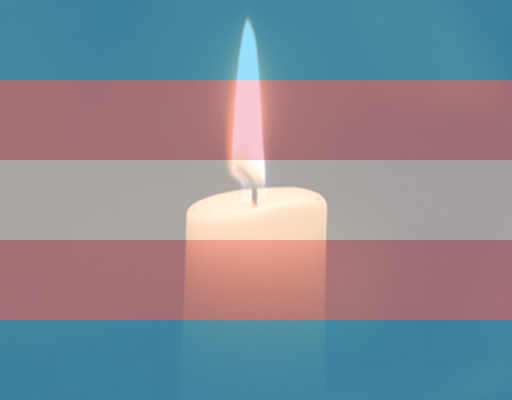
Transgender Day of Remembrance
November 20
The Transgender Day of Remembrance (TDOR), held in November,
memorializes those who have been killed as a result of
anti-transgender hatred or prejudice. The event began in
1998 to honor Rita Hester, whose murder on November 28,
1998 inspired the “Remembering Our Dead” web project and
a San Francisco candlelight vigil in 1999. Since then,
the Transgender Day of Remembrance has been observed in
dozens of cities and at numerous colleges and
universities. The Transgender Day of Remembrance serves
to raise public awareness of hate crimes against
transgender people, while also honoring the lives of
individuals who might otherwise be forgotten.
International Transgender
Day of Remembrance
Trans Deaths Are Real Deaths
HRC: Epidemic of Violence Against Trans People
Transgender People Killed in 2018
Info: Transgender Issues
CNN: Killings of Trans People in US Increasing
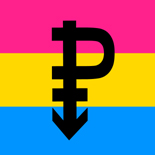
Pansexual Pride Day
December 8
Pansexual Pride Day is an annual community celebration
which recognizes, celebrates, and brings visibility to
those who identify as pansexual and panromantic.
The celebration focuses on this often overlooked part of
the LGBTQ community. It is an important opportunity for
pansexuals and panromantics to celebrate their
identities, raise awareness about pan rights, and create
a more inclusive society.
Today, many pansexual people refer to themselves as
“gender blind” when it comes to their romantic or sexual
attraction to others, and is defined as “not limited in
sexual choice with regard to biological sex, gender or
gender identity.” Celebrities, like Prince,
Janelle Monae, Miley Cyrus, Wayne Brady, and Kristen
Stewart, who have come out as pansexual, have helped to
raise awareness and curiosity about this misunderstood
sexual orientation.
Celebrating Pansexual Pride Day
Pansexuality Explained
Important Facts About Pansexuality
Info: Pansexuality
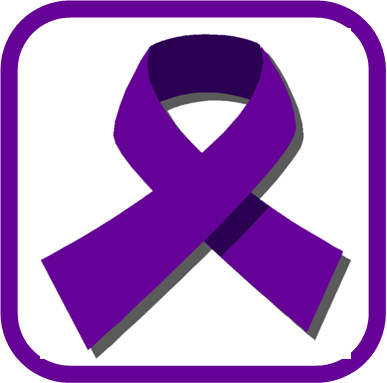
Spirit Day
October 20
Spirit Day
is the world’s most visible anti-bullying movement
inspiring LGBTQ youth, especially transgender and
nonbinary youth to live their lives in their truth and
authenticity.
Spirit Day is an annual LGBTQ awareness day observed on
October 20. Started in 2010 by Canadian teenager
Brittany McMillan, it was initially created in response
to a rash of widely publicized bullying-related suicides
of gay school students in 2010, including that of Tyler
Clementi. Promoted by GLAAD, observers wear the color
purple as a visible sign of support for LGBTQ youth and
against bullying during National Bullying Prevention
Month, as well as to honor LGBTQ victims of suicide.
GLAAD: Spirit Day
Spirit Day Explained
Info: Anti-LGBTQ Bullying

HOME
QUEER CAFE
│ LGBTQ Information Network │ Established 2017 |